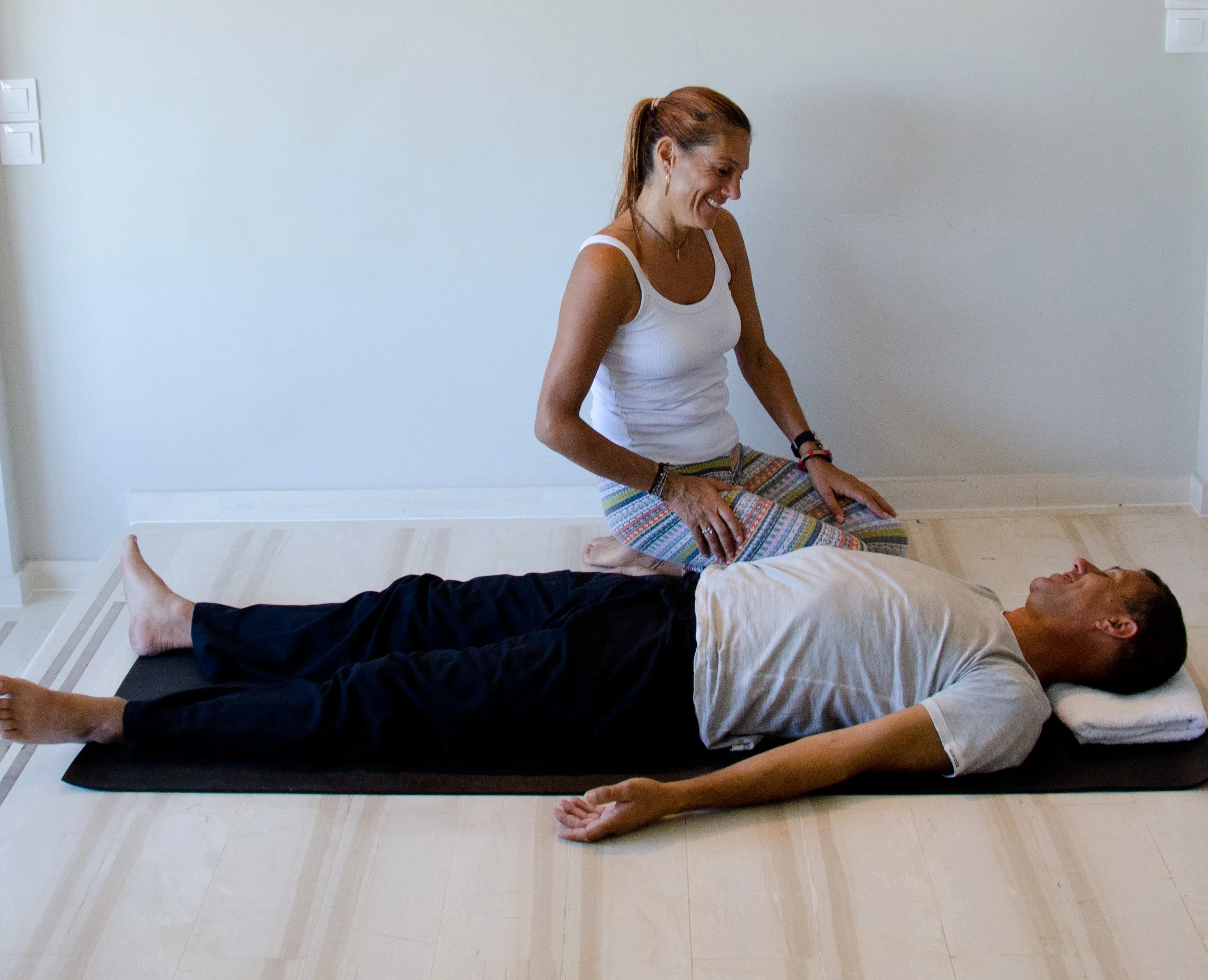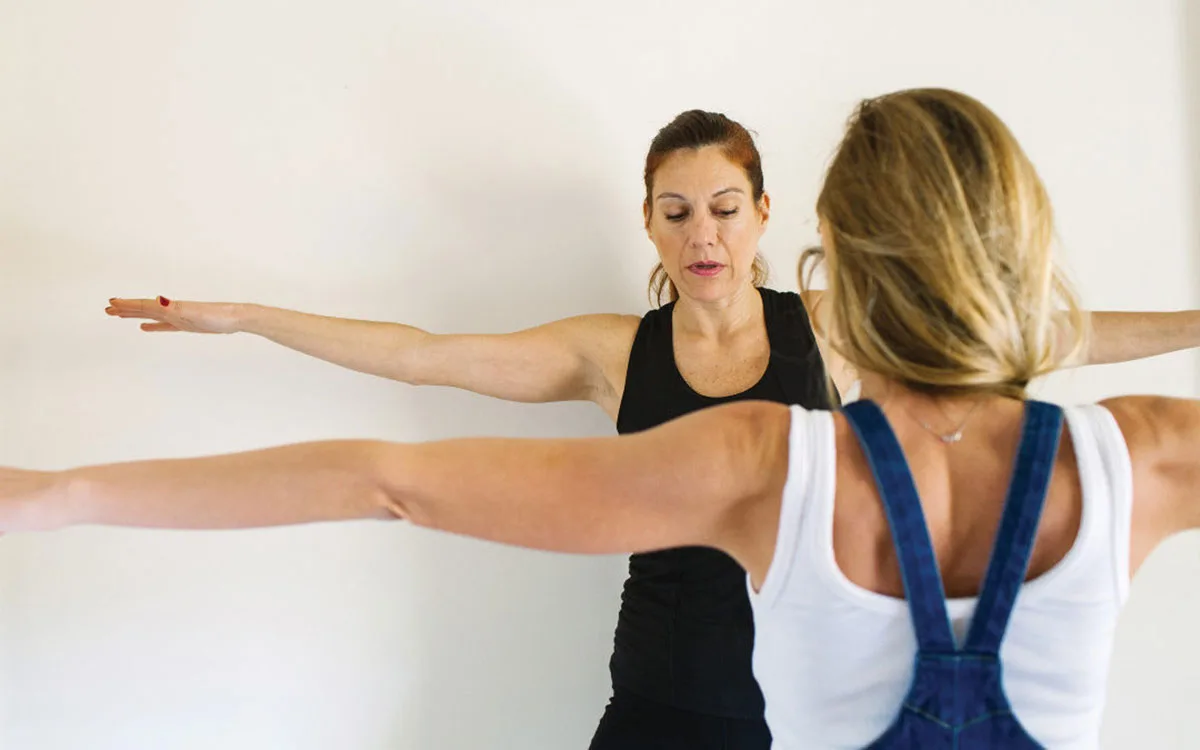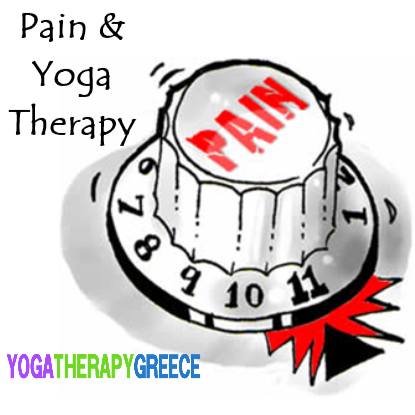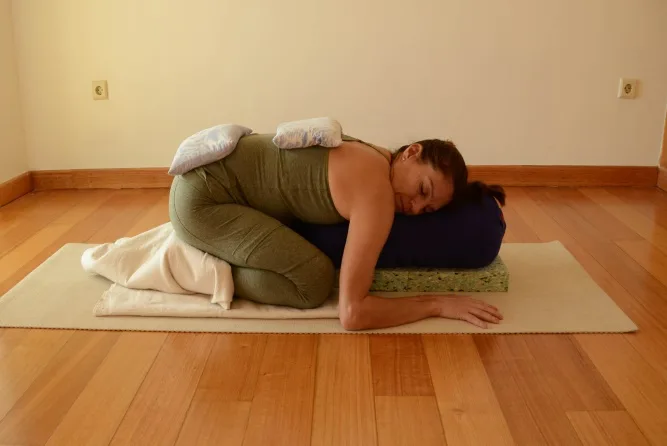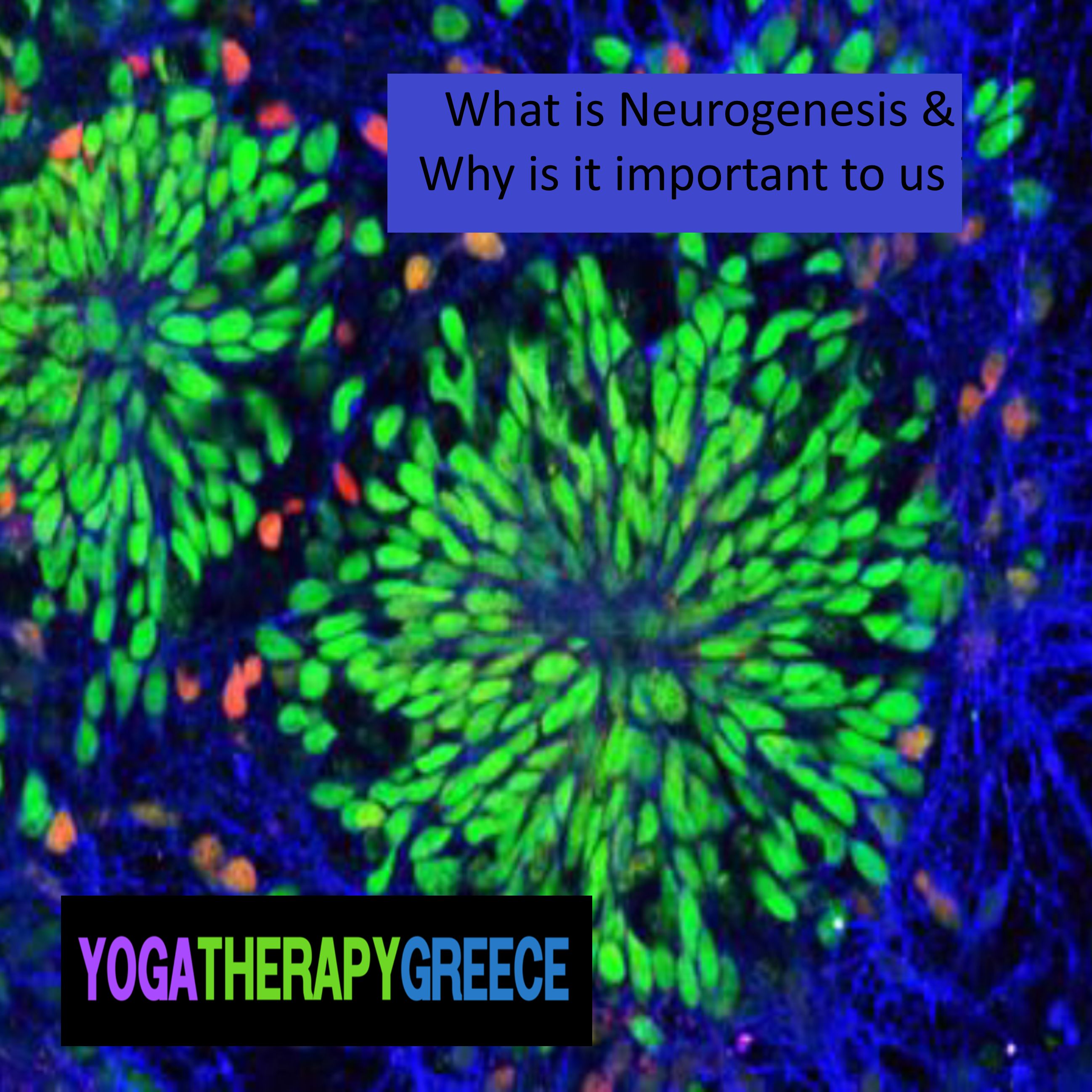Children Mental Health – Aggression & Yoga Therapy

Aggression- Conduct Disorder and Interventions
by Evi Dimitriadou for Master’s in Neuroscience and Psychology of Mental Health, King’s College, London, UK.
Mental Health in Children & Adolescents
Children are struggling to understand what is happening in their mind and maybe in their life as well as in their society where they live. They struggle to express and cope with what they think or feel. They struggle to be accepted by their parents, classmates and friends. Self-acceptance is facilitated by the minimization of distraction and societal pressure.
Children who are stressed early in life will be more reactive and overactive. They will be triggered more easily; will be more anxious and distressed.
75% of all mental illnesses will commence in childhood and adolescence, while both social and educational change can make a huge difference to the occurrence of child and adolescent mental health problems and psychotherapy, medication and meditation can also be used to treat these.
10% of children will have a mental health issue and less than 25% will get any health support. The most prevalent mental health conditions in children and adolescents are self-harm, conduct disorder, anxiety, depression, ADHD.
The major risk factors are genetics, the mental and physical health of the mother during pregnancy but also of the father, the quality of bonding and care with the significant others in the first years of their lives, socioeconomic and environmental factors, school and other children especially in adolescence as well as drugs and alcohol usage.
Behavioural Difficulties – Aggression – Conduct Disorder
Aggression is a behavioural response to an emotion, usually anger and frustration from neglect, abuse or punishment. Aggression can manifest either physically, relationally, or verbally.
Angry expressions can be witnessed even in infants, it peaks between 1-2 years due to the desire of independence but still having obstacles, it increases again and is directed to peers by ridiculing and bullying and it peaks in adolescence.
Factors for aggression.
The social and environmental factors are poor and inconsistent parenting with neglect and abuse, with lack of warmth, low involvement and supervision and exposure to violence either in the family, in the society or in the media, as well as restlessness, persistent sadness, poor school performance and reading abilities.
More specifically poor parenting means not encouraging desirable behaviour and strengths and just stopping undesirable behaviours, not specifying what do the parents want, not to respond to children’s needs and not having have clear limits and boundaries.
There are also biological factors for aggression; low heart rate variability, poor nutrition and exposure to nicotine during pregnancy, the existence of a variant of the gene monoamine oxidase A (MAO-A) which regulates/deactivates noradrenaline, adrenaline, serotonin and dopamine.
Aggression can lead to Antisocial behaviour – Oppositional Defiant Disorder – Conduct Disorder, with 5% of children showing this behaviour.
50% of children with antisocial behaviour have depression since depression in children can be expressed not only by low mood as in adults but also by irritable moods.
The combination of negative parenting, a bit of hyperactivity with inattention and restlessness, then will lead them to changing or dropping schools and if they hang out with a gang of other bad children that is pretty likely that they will commit criminal acts.
Interventions for conduct disorder such as Yoga, Mindfulness and Parenting interventions like SPOKES(Supporting Parents on Kid’s Education in Schools) have promising results, low cost and no side effects.
Parenting interventions in group settings, are promoting good social habits, mind and emotion regulation and should be given to all children, teachers and parents at schools.
The parenting intervention’s main goal is for the child’s irritable temperament not to become antisocial behaviour as they get older and by the time they are teenagers to conduct criminal acts, as the facts show.




